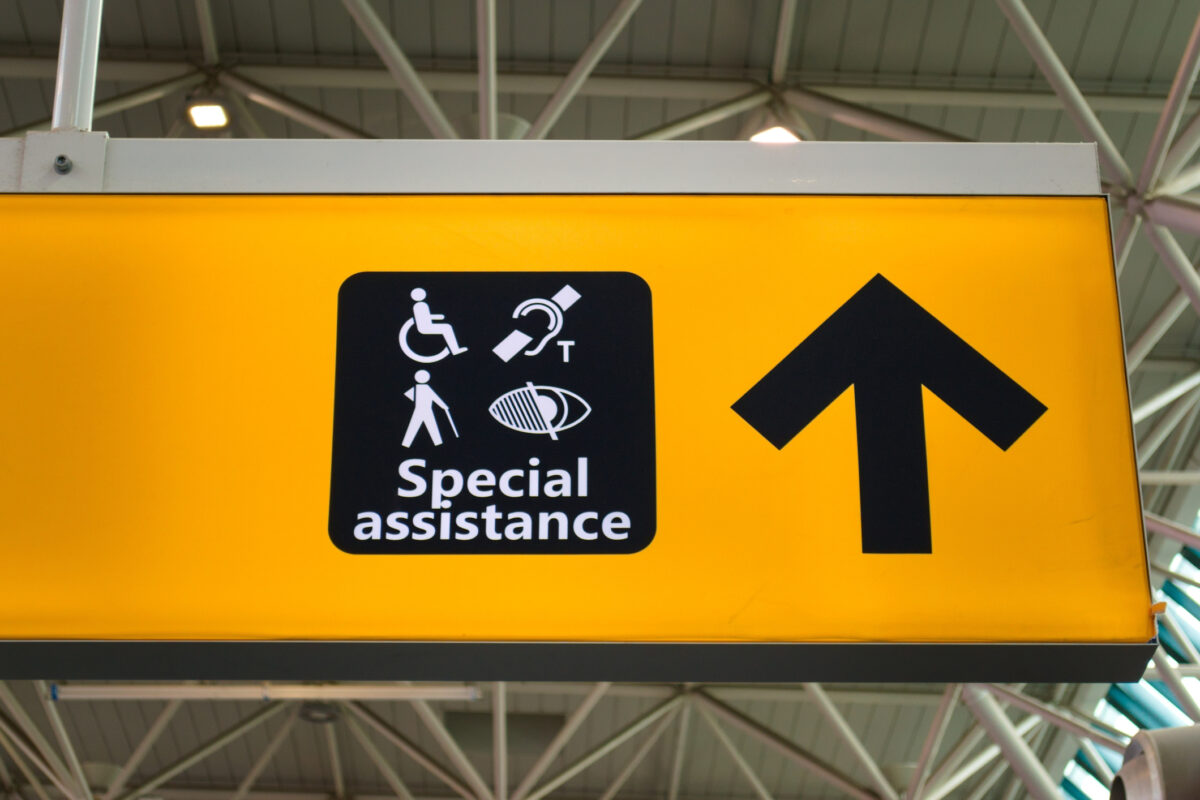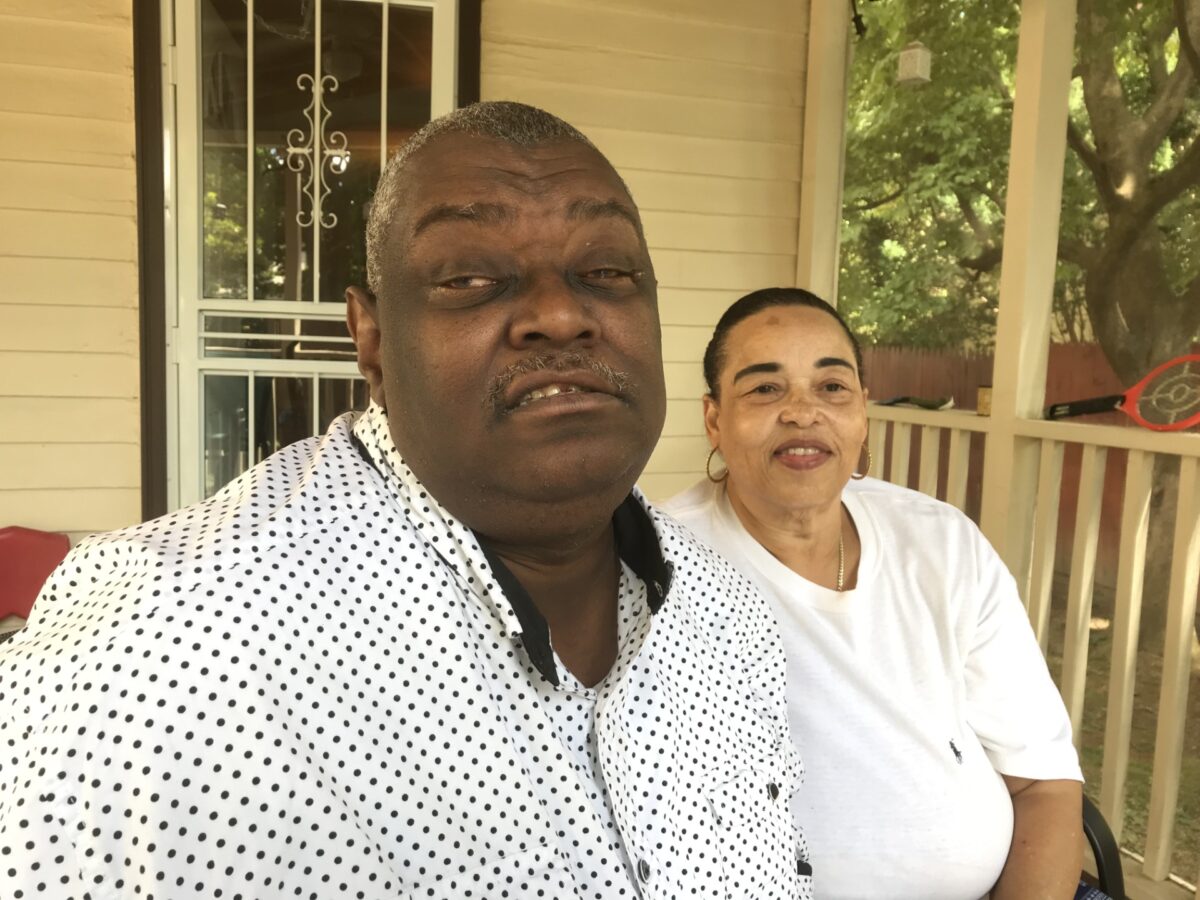Results summary of the Advocacy Priorities Survey
The Advocacy Committee of PCA’s Board of Directors released an Advocacy Priorities Survey in 2021 to help assess the issues on which the community would like to see PCA focus future advocacy efforts in addition to our existing advocacy work.
PCA’s current advocacy goals, which we will continue to prioritize, include but are not limited to:
- Making sure the Aging Network has appropriate federal and state funding to support older adults
- Availability of adequate and easily accessible services to ensure older adults live in their homes for as long as possible
- Resources to strengthen Older Adult Protective Services to eliminate the risk of elder abuse.
The Advocacy Priorities Survey was distributed through Milestones (PCA’s monthly newspaper), PCA’s digital publications, meal distributions to consumers, additional email blasts, senior centers, and social media. Respondents were asked to rank fourteen (14) advocacy issues on a scale from Most Important to Least Important. We received 940 responses. Thank you to all who took the time to respond to this request!
When results were broken down by group, the below advocacy priorities were consistently ranked as the most important:
- Safe neighborhoods (decreased crime, better crosswalks and curb ramps) (Safety); 67% of all respondents
- Access to insurance, doctors, hospitals and medication (Health Access); 67% of all respondents
- Access to affordable housing and home repairs (Housing); 61% of all respondents
- Access to healthy food (Food); 60% of all respondents
- Access to benefits and resources to combat poverty (Benefits); 56% of all respondents
The Board’s Advocacy Committee plans to focus first on how it can work to address the safety needs of older Philadelphians (exploring methods to reduce violence, traffic deaths, and livable/accessible communities), immediately followed by older Philadelphians’ need for better or more comprehensive health access. As next steps are developed, the Advocacy Committee will engage with community partners, assess relevant data, and call further attention to these important issues. Please be on the look-out for further opportunities to provide feedback.




